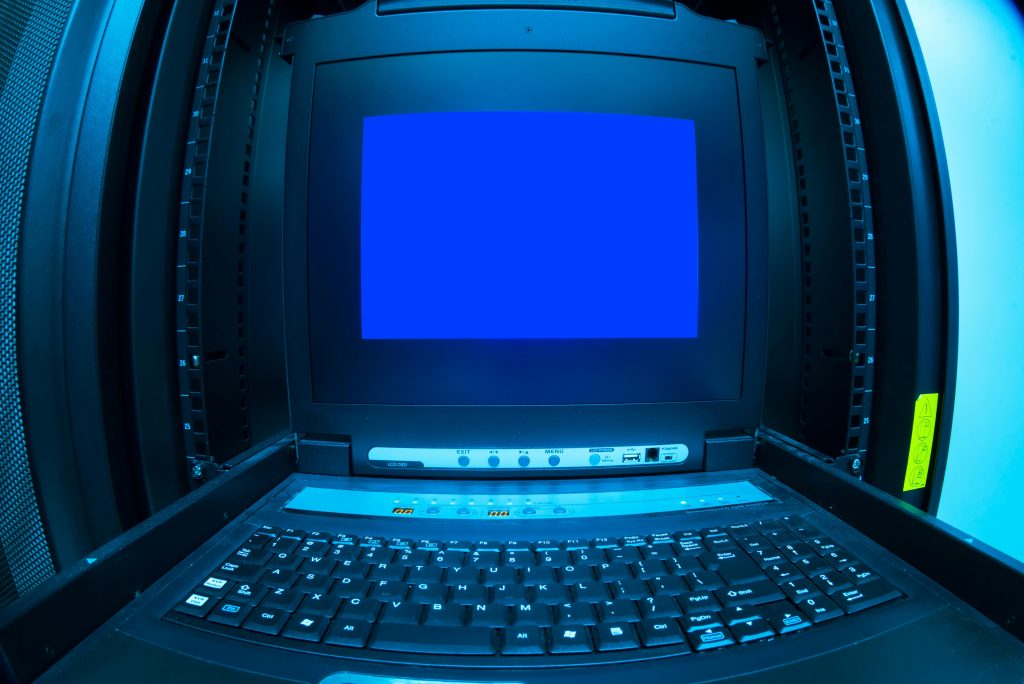Understanding and Troubleshooting Random Freezes on a Modern PC: A Comprehensive Guide
In today’s digital era, computers have become an integral part of our personal and professional lives. Their seamless operation is crucial for productivity and entertainment, making any technical hiccups, such as random system freezes, highly frustrating. If you’re experiencing frequent computer freezes, you’re not alone. This issue can often appear out of nowhere on even the most advanced systems, like those featuring a Ryzen 7 5800X3D CPU, a GeForce RTX 4070 GPU, and an Asus ROG Strix B550-F motherboard. In this guide, we’ll delve into the potential causes of random computer freezes and explore the steps to diagnose and fix these issues effectively.
Understanding the Basics: What Are Computer Freezes?
Definition and Symptoms:
A computer freeze, also known as a system hang, occurs when your computer becomes completely unresponsive to input from the keyboard or mouse. This phenomenon may cause your current operations to halt abruptly, sometimes resulting in the loss of unsaved data. Symptoms of a freeze can range from the screen locking up to temporary glitches or delays in response time.
Possible Causes of Random Freezes
Identifying the root cause of computer freezes can be challenging due to the myriad of potential issues, from hardware malfunctions to software conflicts. Let’s explore these causes in detail.
1. Hardware Failures
CPU and GPU Concerns:
Modern processors and graphics cards, such as the Ryzen 7 5800X3D and GeForce RTX 4070, are engineered to handle intense computations. However, they can still face issues. Overheating is a common culprit, though, as we’ve seen with reported temperatures, this might not be the case for everyone. Hardware components are complex and sensitive, and sometimes a defective chip or improper installation can lead to freezing issues.
RAM Instability:
Though you’ve mentioned recently replacing your RAM, issues can still feasibly arise. Incompatibility with the motherboard or a fault in the new modules could lead to random system hangs. Employing a tool like MemTest86 can help check your RAM for errors, ensuring it operates correctly.
Motherboard Problems:
A faulty or failing motherboard can be another potential cause of system instability. Issues like improper BIOS configurations or physical damage to the motherboard can lead to freezes. Ensuring your motherboard firmware is up-to-date and inspecting it for physical defects may help diagnose the problem.
2. Software Interruptions
Operating System Issues:
Operating system-level conflicts, drivers that are out of date or corrupted, and malfunctioning software can lead to poor system performance or freezing. A clean reinstallation of Windows, as you have done, often helps eliminate software-related issues, but it seems in your case, the problem persists.
Driver Conflicts:
Drivers enable the operating system to communicate with hardware components effectively. If drivers are outdated or incompatible, they can lead to system instability. Ensure all drivers, especially for your GPU and motherboard, are updated to the latest versions available from the manufacturer’s website.
3. Power Supply Unit (PSU) Concerns
An often-overlooked component, the PSU provides the necessary power for all the hardware components to function. If the PSU is malfunctioning or not supplying consistent power, this can lead to freezes. Ensure that your PSU is adequate for your hardware specifications and functioning correctly.
Steps to Diagnose the Cause of Freezes
Diagnosing the source of random freezes can be a complex task, requiring a systematic approach. Here’s how you can go about it:
Monitor System Resources:
Utilize tools, such as Task Manager on Windows or third-party software like HWMonitor, to keep an eye on your system resource usage. Pay particular attention to CPU, GPU, RAM usage, and temperatures during freezes to identify any anomalies.
Check for Software Conflicts:
Use event viewers to spot anomalies or errors before a freeze occurs. Carefully scrutinize any errors or warnings leading up to the freeze, despite them being absent in your case.
Conduct a Hardware Diagnostic:
Utilize utility tools specific to your hardware (such as NVIDIA’s GPU Doctor for GPUs) or general diagnostic tools to run basic checks on your hardware components. Physical checks, such as reseating hardware components like RAM, CPU, and GPU, can also help alleviate issues stemming from poor connections.
BIOS Settings and Updates:
Check your BIOS settings for any misconfigurations that might affect stability. Also, ensure that your BIOS is updated to the latest version, as updates can improve performance and compatibility with certain hardware.
Finding Solutions to System Freezes
Once you’ve pinpointed the root cause, several potential solutions could help overcome persistent freezing issues.
1. Adjust Hardware and Settings
BIOS Adjustments:
Ensure all BIOS settings are at default if you’ve previously modified them. Default settings are often the most stable as configured by the manufacturer.
Thermal Inspection:
Even if temperatures report as fine, consider improving cooling, such as adding more case fans or improving airflow, to preemptively manage heat-related issues.
2. Update and Compatibility
Driver and Software Updates:
Always ensure that your system drivers and software are updated. Specific updates related to your hardware can improve system stability.
3. Hardware Troubleshooting
Component Isolation:
If possible, try to swap components with other systems, if available, to isolate the issue to a specific part.
Inspect PSDU:
Ensure your power supply delivers consistent and adequate power according to your setup’s demands.
Conclusion
Random freezes in computers, especially modern setups, can be frustrating and disruptive, demanding a meticulous approach to troubleshooting. By closely monitoring hardware performance, consistently updating drivers and software, and methodically checking each key component, it’s possible to diagnose and remedy the underlying causes. While it may take some time and patience, systematically following the steps outlined here should empower you to restore your computer to its normal, optimal functioning state, ensuring a smoother and more reliable user experience.
Share this content:




Response to Random Freezes Article
Thank you for sharing such a thorough guide on troubleshooting random freezes! Your systematic approach provides invaluable insight into a frustrating issue many of us experience. Here are a few additional recommendations based on my experience that might further assist users:
Investigating Background Processes
Moreover, it’s often beneficial to check if any background processes are consuming unnecessary resources. Applications that run in the background could cause spikes in CPU and memory usage, leading to freezes. Tools like Process Explorer can help identify these consuming processes more effectively than the standard Task Manager.
Use of Clean Boot
When dealing with software conflicts, performing a clean boot can help eliminate the interference from third-party software. This method starts Windows with a minimal set of drivers and startup programs, enabling you to test if the issue lies with a specific software component.
Run System File Checker
If potential operating system issues persist, running the SFC /scannow command in a command prompt can check for corrupted files that may lead to instability. It’s a straightforward method that often resolves underlying software conflicts without a full reinstall.
Regular Maintenance
Lastly, regular maintenance such as disk
Thank you for sharing your detailed experience regarding the random freezes on your system. Based on your description, it appears you’ve already taken some solid steps, such as performing a clean Windows reinstall and monitoring system stability. Here are some additional troubleshooting tips that might help identify and resolve the issue: